Revealing the Untold Truths
Reverse mortgages have gained popularity in recent years as a financial tool for homeowners. Often seen as an attractive option for retirees or those looking for additional income, reverse mortgages provide unique opportunities and benefits. However, beneath the surface lies a world of surprising truths and unexpected revelations. In this article, we will delve into the 5 shocking facts about reverse mortgages! Brace yourself for an eye-opening journey as we uncover the hidden realities and untold stories of this intriguing financial arrangement.
Reverse Mortgages: A Double-Edged Sword
The allure of a reverse mortgage lies in its ability to offer financial relief, but it’s important to understand both sides of the coin. While reverse mortgages can provide a source of income and allow homeowners to access the equity in their homes, they also come with potential risks and drawbacks. Let’s explore the positives and negatives of this financial option.
The Reverse Mortgage Misconception
Contrary to popular belief, a reverse mortgage is not free money or a government grant. It is, in fact, a loan that must be repaid eventually. This misconception often leads to unpreparedness and shock when homeowners realize they have to pay back the borrowed amount. Understanding this crucial aspect of reverse mortgages is essential before making any decisions.
The Fine Print: Hidden Costs and Fees
As with any financial agreement, reverse mortgages have associated costs and fees. From origination fees and mortgage insurance premiums to servicing fees and interest charges, these expenses can quickly add up. It’s important to understand all of the financial implications of a reverse mortgage, including potential costs, so you can make an informed decision.
Impact on Home Equity and Inheritance
One of the most shocking facts about reverse mortgages is their potential impact on home equity and inheritance. While reverse mortgages allow homeowners to tap into their home’s equity, the borrowed amount accumulates interest over time. As a result, the remaining equity available to heirs may be diminished. This aspect highlights the importance of considering the long-term consequences and discussing them with family members.
Eligibility Requirements and Restrictions
Contrary to popular belief, not all homeowners are eligible for reverse mortgages. There are age requirements, residency qualifications, and guidelines regarding the type of property that can be considered. Additionally, the borrower must fulfill financial assessment criteria. Understanding these eligibility requirements and potential restrictions is essential to determine if a reverse mortgage is a viable option.
Age Requirements:
To be eligible for a reverse mortgage, you generally need to meet certain age requirements. In the United States, the minimum age is typically 62 years old. This age requirement ensures that the homeowner has reached the minimum age to qualify for a reverse mortgage.
Residency Qualifications:
Reverse mortgages are primarily available to homeowners who reside in the property as their primary residence. This means that you must live in the home for the majority of the year. Renting out the property or using it as a vacation home would generally disqualify you from obtaining a reverse mortgage. Lenders typically require borrowers to certify their intention to use the property as their primary residence.
Guidelines regarding the Type of Property
Reverse mortgages are generally available for single-family homes, as well as certain multi-unit properties (up to four units) that are owner-occupied. In some cases, condominiums and manufactured homes that meet specific criteria may also be eligible for reverse mortgages. The property must meet certain standards and be in a livable condition.
Additionally, the property must have sufficient equity to support the reverse mortgage. The loan amount you can receive will depend on factors such as your age, the value of the property, and current interest rates.
FAQ
Can I lose my home with a reverse mortgage?
No, you cannot lose your home as long as you meet the obligations of the loan, such as paying property taxes and insurance. However, failing to meet these requirements can lead to foreclosure.
Can I receive a reverse mortgage if I still have an outstanding mortgage on my home?
Yes, it is possible to obtain a reverse mortgage if you still have an existing mortgage. However, the primary mortgage must be paid off using the proceeds from the reverse mortgage.
What happens if I outlive the reverse mortgage funds?
If you outlive the funds received from a reverse mortgage, you will still be able to reside in your home. However, you will no longer receive additional funds from the reverse mortgage.
Are reverse mortgage proceeds taxable?
Reverse mortgage proceeds are generally not considered taxable income. However, it is advisable to consult with a tax professional to understand your specific situation.
Can I sell my home with a reverse mortgage?
Yes, you can sell your home at any time with a reverse mortgage. However, the proceeds from the sale must first be used to repay the reverse mortgage balance.
The Roller Team Take-Away on the Real Facts About Reverse Mortgage
Remember, a reverse mortgage can be a powerful tool for financial security, but it requires careful consideration and a thorough understanding of the fine print. Consult with a trusted financial advisor or mortgage professional to navigate the complexities and ensure it suits your specific needs. The journey to uncovering the truth behind reverse mortgages will empower you to make informed choices about your financial future.



